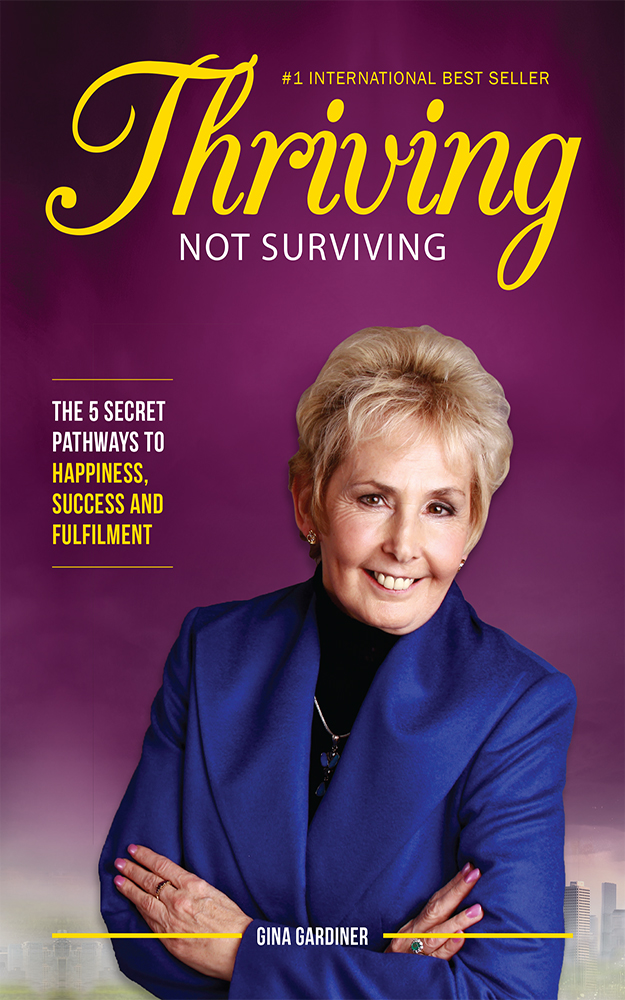Time Is A Finite Commodity – Do You Have Enough?
Learn to spend your time wisely by completing a chart and answering a few short questions. You may never have realized quite how you choose to spend each passing day, but one thing’s for sure… you should find the time to read this blog and make the most of your most precious commodity!
Where does all the time go?
I am always struck by how often I hear about the same theme in different contexts. Lack of time and the negative impact this has on people’s lives. Ask most people about their lives and they will tell you that they never have enough time!
Isn’t modern technology meant to free up our time?
With labour-saving devices, computers, faster modes of transport and convenience foods, why do we seem to have less time than ever to spend with loved ones, to learn and read and simply to reflect? It is because we choose to use the time to pack even more tasks and activities in to our increasingly hectic lives!
How many hours do we have to spend in a lifetime?
During a course I was amazed when we were reminded that each day has 24 hours, which gives us 168 hours in a week, and 8736 hours in a year. In a lifetime of 70 years we have 613200 hours to use. Sounds quite a lot doesn’t it?
Then we were given a table of the number of hours in a lifetime of varying lengths. For example if you live to 100 you have 876,000 hours to spend. Each of these moments can be used once and once only. When you stop and think about it, shouldn’t they be spent wisely?
You might think that spend is a strange word to use but we all make choices about how we spend our time, for most of us these choices are made at an unconscious level and the result is not always as we would wish it to be. We also choose how to spend our money and expend our energy.
How have you have chosen to spend your time so far?
Have you truly made the most of your time? Do you want to go on using your time in the same way in the future?
You may find it useful to complete this chart – give a ball park figure rather than getting bogged down. I’ve put in some headings but use the ones you find appropriate and add any of your own.
| Activity | Hours per week | Hours per year | Life time – assume 70 years for this exercise |
| Work | |||
| Sleep | |||
| Commuting | |||
| Eating | |||
| Food shopping | |||
| Cooking | |||
| Personal care | |||
| Laundry | |||
| Personal admin – phonecalls, letters, forms etc | |||
| Exercise | |||
| Family | |||
| Relationships | |||
| Fun | |||
| Learning | |||
| Watching TV | |||
The chart can be adapted to audit how you spend your working hours. Identify each of the activities you do whilst at work. Consider which of them are helping you achieve your goals. Are you making the most use of your time? Are you busy being busy or really productive? What would make the difference?
- What do you notice?
- Was the result what you expected?
- Do you actively choose how you spend your time?
- Does the way you spend your time make you happy?
- How would you like to spend your time in the future?
- What needs to change if you are to spend your time doing the things you value most?
- Look forward into the future to the end of your life. Look back over those years and consider how you would like to be remembered?
Managing your time more effectively
Managing time is about prioritising and making choices. It often requires us to create boundaries or to learn to say no – to others and maybe to ourselves.
Even a small change can make a significant difference to the quality of your life – what change could you make today which would make a difference to the quality of your life over time?



